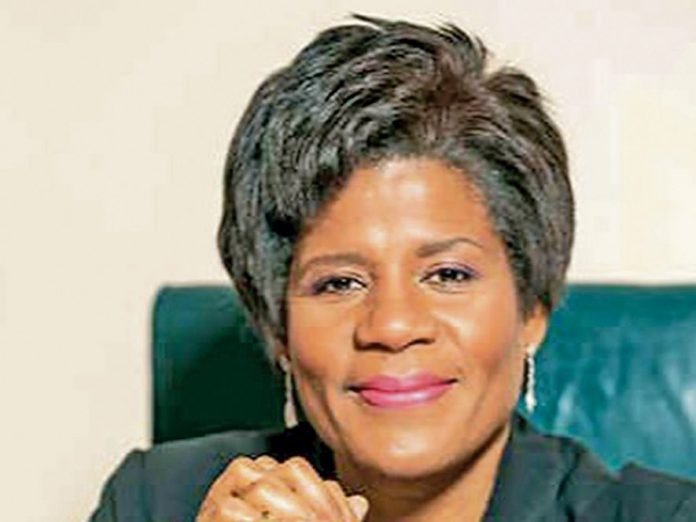Johannesburg – Since moving to Southern Africa in 2019, I have had the great privilege of meeting many impressive women working in science, technology, engineering and mathematics (STEM-related) fields.
Among them is Dr Quarraisha Abdool Karim, a globally renowned scientist at the forefront of research and innovation in HIV/Aids.
Her work, through the Centre for the Aids Programme in South Africa, has not only shaped the global response to the HIV pandemic, but contributed significantly to Covid-19 research.
There is also an inspiring group of young women pursuing “non-traditional” careers for women such as aircraft pilots, physicians, electrical engineers and computer programmers. They include Botswana’s captain Kgomotso Phatsima, who started her career in the military and now supports the Dare to Dream Foundation, which advances women’s empowerment of women in aviation and aerospace.
In South Africa, Dr Lindiwe Sidali, the first female cardiothoracic surgeon, and Baratang Miya, a self-taught coder and founder of GirlHype that provides programming and app development training for girls and young women. Sadly, there is still a gross underrepresentation of women in STEM fields in sub-Saharan Africa.
The share of females graduating from tertiary education is below 30% in many sub-Saharan Africa countries. Consequently, scientific work and technological innovation are missing women’s invaluable perspectives and contributions. This also means that most women will remain in jobs that are likely to be replaced by technology, lower paying or less economically impactful in an increasingly technology-driven world.
Why aren’t there enough women in STEM-related jobs in Southern Africa? Existing data show that globally, there is a “leaky pipeline” leading to few women in STEM careers and Southern Africa is no different.
In the case of Botswana, Eswatini, Namibia and South Africa, while girls’ secondary education enrolment is higher than for boys, many of them drop out before completing their secondary education.
Of those who complete secondary education, many lack the required proficiencies in numeracy, science and the digital skills required to enrol and excel in STEM-related programmes.
In South Africa, 50.3% of girls compared to 58.6% boys achieved 30% or higher in mathematics in the National Senior Certificate examination. In the Eswatini General Certificate of Secondary Education, 22% of girls achieved a pass grade in mathematics compared to 35% of boys, while the corresponding figures in science were 24% for girls and 31% for boys.
In the Equality Equation Report, biases and expectations for different genders, set by families, society, culture and the media tend to propagate stereotypes, discriminatory practices and policies that deter girls from pursuing STEM careers.
These challenges limit their chances of exposure to these fields, which discourage more girls from pursuing STEM careers; prolonging a vicious circle that must be disrupted.
• Marie-Nelly is World Bank’s country director for SA, Botswana, Namibia, Lesotho and Eswatini.
Follow @SundayWorldZA on Twitter and @sundayworldza on Instagram, or like our Facebook Page, Sunday World, by clicking here for the latest breaking news in South Africa. To Subscribe to Sunday World, click here.
Sunday World



